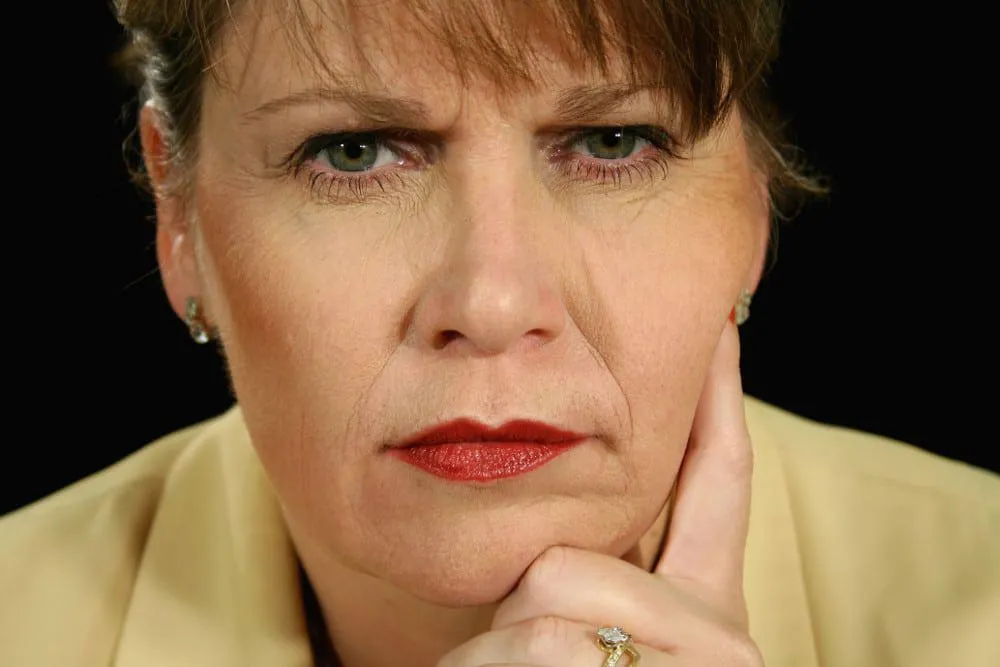A skilled consultant can learn a great deal from the first interaction with a (potential) client. Sometimes subtle (and not so subtle!) signals* from a client can be very useful in building an understanding of the client system** and help to inform whether or not we feel we can add consulting value.
A “client” in this context is defined as the organization itself, the company switchboard, the person with whom we have first contact (often a personal assistant or junior staffer, otherwise known as a gatekeeper), or a company executive.
Things that we at CCG take careful note of when first engaging with a new client system include:
1. How difficult is it to contact the Head of Strategy or the lead executive in the area of the business that we would like to engage with?
When we feel we can add value to a particular client and contact them directly and without an introduction or referral, a very common experience is to speak to his or her PA and be requested to submit a brochure or letter of introduction. This is acceptable but note the tone of the person you speak to (are they open, warm, inviting, respectful, or not?)
2. What is the initial interaction with the client executive like?
Are they down to earth, interested in learning, open to meet a consultant that might add to their understanding of their portfolio or might help with company delivery? In our experience, the very best leaders are constantly looking to improve their understanding, as well as their capacity for outstanding delivery. This requires input from others, and consultants as experts in their respective fields can be a great source of information and insight.
3. Titles tell us a lot about not only the structure of the company but also what is (unconsciously) valued.
We are always impressed when we meet a Strategy, HR or Marketing Director (a Finance Director is common) and even more so if they sit on the board (this is not always possible or desirable, but often is). In South Africa, we have only met one Director of Strategic Change.
Why is all of this important?
1. Because consultants can learn a great deal about our potential clients from our interactions with them, and especially before a contract is signed and our focus turns to delivery.
2. Because before we sign that contract we should be very clear that we can add expected (and unexpected) value to the client.
At CCG we believe we should walk away from assignments that we feel in some way undermine or diminish our professional integrity. Or a situation where we don’t feel we could add significant value and ensure our professional reputation is built and not diminished.
3. The consultant relationship should be a collegial one, where both parties are open to learning and can express concerns or uncertainties, and where both parties share the risk of an unsuccessful engagement.
*(For more on signals, see the work of Arnold Mindell, a great influence on our work at CCG).
**We refer to “system” a lot and will define this term in future blog posts. For now, large system strategy or change consulting refers to the skill set required to successfully embed strategy in large/complex organizations.

